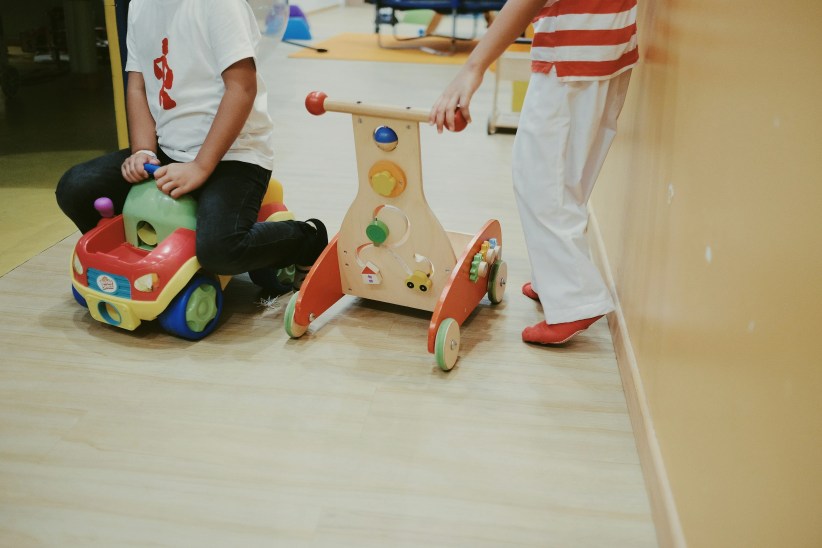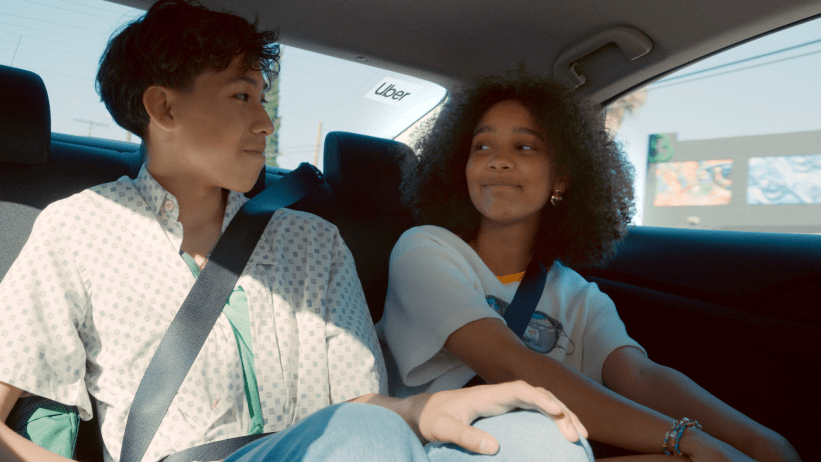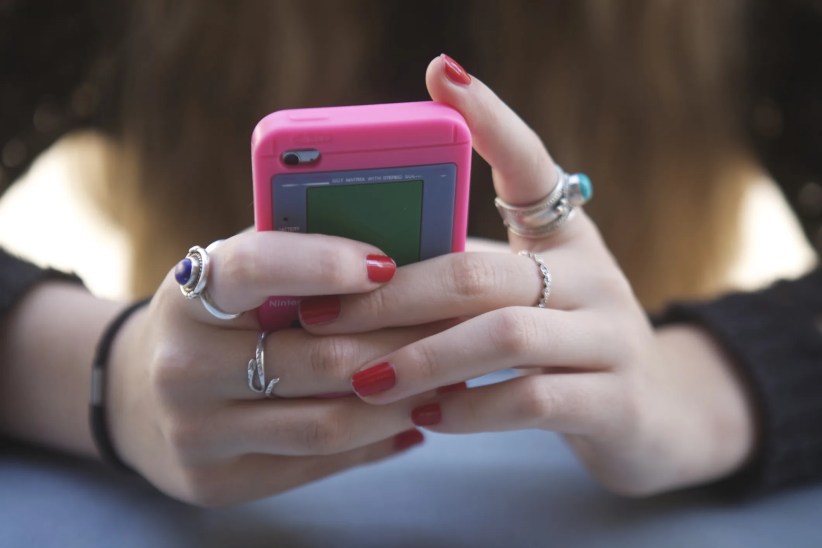When the Oxford Dictionary proclaimed “selfie” the word of the year for 2013, it confirmed what parents already knew: people, especially kids, are taking a lot of pictures of themselves and posting them on social media sites. Although cellphones have made this a lot easier, the impulse to capture an image of one’s self has been controversial ever since Narcissus starved to death because he couldn’t look away from his own reflection.
For better or worse, taking selfies and getting reactions from other people has become one way that teens answer the age-old questions: who am I, and how do I fit into the world?
Since there’s no way to put this genie back into the bottle, parents need to help teens think about the role that selfies should play in their lives. Instead of making hard and fast rules that will inevitably get broken, parents can use the selfie explosion as a teachable moment that will helps children think about who they want to be and how they want to present themselves. Here are some topics worth talking about.
What’s the motive? People have lots of different reasons for taking selfies. Teens, in particular, may want to try out different looks, experiment with creative effects, record experiences or share those experiences with friends. In general, parents can encourage selfies that get a young person to think creatively and perhaps critically about their own experiences. Unfortunately, because selfies are posted in social media, many teens become hyper-aware of the effect they are having on others. In pursuit of “likes,” teens may post photos that reveal too much or are intended to provoke envy in others. Help your child understand that although everyone enjoys approval from other people, self-esteem has to be based on something more solid. Is your child living up to her own ideals? Does she have the respect of people she trusts? If so, likes — and for that matter — dislikes will matter much less.
What’s the platform? Parents can learn a lot by knowing which platform a teen prefers for posting selfies. Facebook has earned the derogatory name of Fakebook because so much of what’s posted there is carefully curated to make the person look happy, normal, and successful. At the other extreme, Snapchat tends to be used for photos that are funny, outrageous, or provocative. Because the selfie is supposed to disappear in a few seconds, there’s more of a sense that anything goes. On Instagram, selfies tend to be more evocative because people who post there are often trying to capture their feelings about a moment rather than the moment itself. Talk to your child about where she posts and why that’s the preferred platform.
How frequent are posts? Many young people go through a phase in which they want to document everything that happens in their lives. Although these photos may be meaningful to your child, encourage her to be selective about what goes online. One research study found that, instead of promoting closeness, too many selfies decreased the sense of connection.
What about editing? Loving the face and body you have can be challenging in adolescence, when there are so many physical changes, so it is very tempting to kids to use editing tools that will “improve” their looks. Some apps add filters, frames, and splashes of color. Others make it possible to alter the photo itself, airbrushing out flaws and doing what one commentator called “selfie surgery.” Although girls seem drawn to these tools more than boys, there are plenty of selfies in which guys have substituted a better six-pack. Talk to your child about what tools she uses to change her selfies. Where does she get her ideas about how people “should” look? What are the complications of looking one way in a photo and another way in real life?
Are sexy selfies OK? In a culture saturated with sexual images, it is not surprising that young people want to see what effect they can have on others. This is one area where rules may actually be helpful to teens, but before you talk to your child, you’ll want to think about your own sense of what’s appropriate. Most parents are OK with photos of kids in swimsuits, but not underwear. What about pajamas? Is it okay to post a selfie of yourself in bed? In front of the bathroom mirror? Coming out of the shower? How much make-up is acceptable? Sometimes, for pre-teens and teens, the simplest rule is the best — if you’d be embarrassed to show the photo to your mom, don’t post it online.
How about an unselfie now and then? Most adults find that they are happiest when they think less about themselves and more about other people. Give your child a glimpse of this possibility by encouraging selfies that highlight connections with other people or activities done for the common good. Some people are using “unselfies” to promote ideas and causes that make the world a better place. You can find examples to share with our child at www.unselfie.me.
The point is to bring selfies out of the shadows so kids can think more clearly about what they are doing. When selfies make young people more self-aware, they can be a constructive part of growing up.
Carolyn Jabs raised three computer-savvy kids, including one with special needs. She has been writing Growing Up Online for 10 years, and is working on a book about constructive responses to conflict. Visit www.growing-up-online.com to read other columns.
Copyright, 2013, Carolyn Jabs. All rights reserved.






















